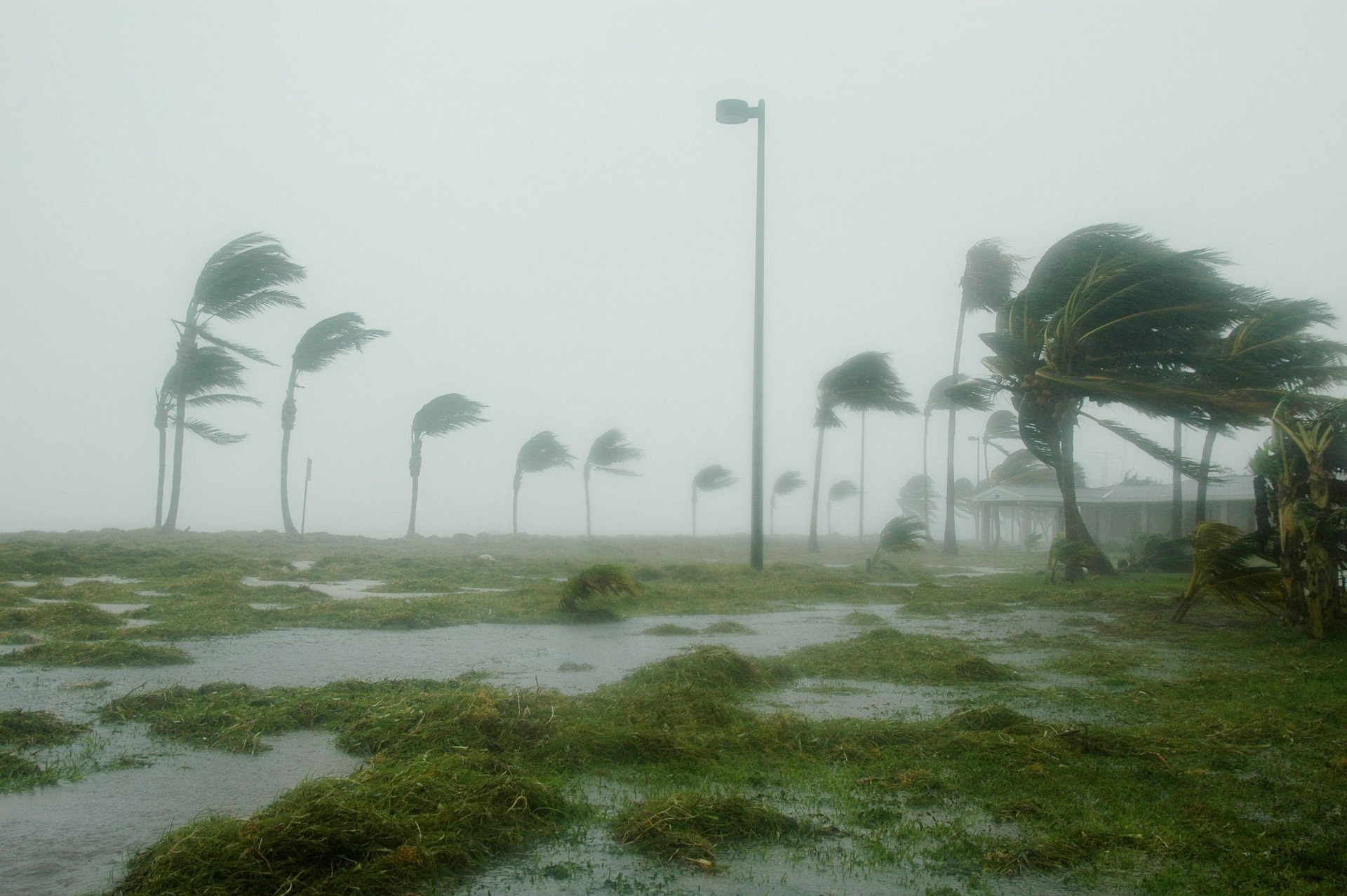The North Carolina Legislature’s rejection of building code updates likely worsened the damage caused by Hurricane Helene, code experts say.
Over the past 15 years, lawmakers rejected limits on construction on steep slopes, which might have reduced the number of homes destroyed by landslides. The legislature also blocked a rule requiring homes to be elevated above the height of an expected flood and weakened protections for wetlands that help the environment absorb stormwater runoff.
Lawmakers have slowed building code updates, making it harder for the state to qualify for federal climate-resilience grants. In 2013, the legislature changed how often North Carolina would update its codes to every six years from every three.
The change proved important. In 2015, the International Code Council added a requirement that new homes in flood zones be built at least one foot above the projected height of a major flood. Instead of adopting that mandate statewide, the legislature left it up to local officials to decide whether to adopt it in their community.
Related Stories
Codes and Standards | Jul 19, 2021
Florida condo collapse spurs increased scrutiny on inspections, regulations
Insurers demand proof of current inspections.
Codes and Standards | Jul 15, 2021
Three drywall code-referenced publications have been updated
Include guidance on fire resistance, sound control, application, and finishing.
Codes and Standards | Jul 14, 2021
Biden’s infrastructure proposal includes massive investment in school buildings
‘Once in a lifetime opportunity’ to upgrade HVAC and other key systems.
Codes and Standards | Jul 13, 2021
Reluctance to fund maintenance on older condos is a serious problem
Owner associations defer needed work, putting properties at risk.
Codes and Standards | Jul 12, 2021
Regulations on hydrofluorocarbons reduce roof insulation options
Canada, some U.S. states ban HFC blowing agents used in closed-cell foam.
Codes and Standards | Jul 8, 2021
New York City shuts down 322 construction sites for unsafe conditions
Action comes as inspectors visit more than 2,100 sites.
Codes and Standards | Jul 7, 2021
Bechtel, Nautilus partner on sustainable, high-performance data centers
Facilities would use 70% less power for cooling, eliminate consumption of drinking water.
Codes and Standards | Jul 7, 2021
Surfside condo collapse could spur new legislation
Natl. Institute of Standards and Technology is investigating.
Codes and Standards | Jul 7, 2021
Intl. Code Council appoints committees to lead energy code development
One-third of appointees are government regulators.
Codes and Standards | Jul 1, 2021
COVID-19 made payment delays to contractors much worse
Only one in ten companies is always getting paid in full.


















